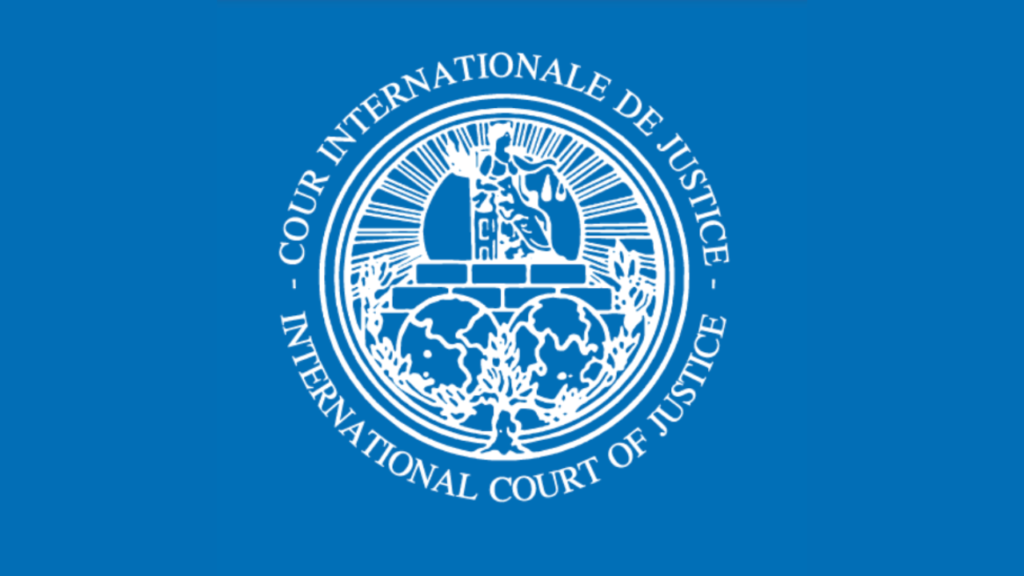NEWS AFFAIRS 7 : WHERE EVERY STORY HAS IT'S AFFAIR!
Last updated on July 22nd, 2024 at 10:40 am

In a groundbreaking and historic decision, the International Court of Justice (ICJ) has officially labeled Israel an apartheid state. This ruling has significant implications for international relations and the ongoing Israeli-Palestinian conflict.
BREAKING NEWS: Yemeni Armed Forces Claim Unprecedented Drone Strike on Tel Aviv
Details of the Ruling
ICJ’s Findings
The ICJ’s decision is based on extensive investigations and evidence presented by various human rights organizations and international bodies. The court found that Israel’s policies and actions towards Palestinians meet the legal definition of apartheid, a system of institutionalized racial segregation and discrimination.
IDF Eliminates 20 Hamas Terrorists, Including Key Figures Abu Jattab and Shakshak
Key Evidence
The evidence includes reports of systematic discrimination, land confiscations, restrictions on movement, and various forms of economic and social exclusion affecting Palestinians in the occupied territories and within Israel itself.
International Reactions
Global Condemnation
The ruling has elicited strong reactions from around the world. Numerous countries and international organizations have condemned Israel’s policies and called for immediate changes to ensure the rights and freedoms of Palestinians.
Israeli Government Response
The Israeli government has vehemently rejected the ICJ’s ruling, calling it biased and politically motivated. Israeli officials argue that the court’s decision undermines efforts towards peace and security in the region.
Palestinian Response
Palestinian leaders and advocacy groups have welcomed the ruling, seeing it as a significant step towards international recognition of their plight and a potential catalyst for change. They urge the international community to take concrete actions based on the ICJ’s findings.
Implications for Global Diplomacy
Potential Sanctions and Boycotts
The ICJ’s ruling could lead to increased calls for sanctions and boycotts against Israel. Various nations and organizations may push for measures to pressure Israel into complying with international laws and ending discriminatory practices.
Impact on Peace Efforts
This decision could have a profound impact on ongoing and future peace negotiations. While it may complicate diplomatic efforts in the short term, it also brings renewed attention to the need for a just and lasting solution to the Israeli-Palestinian conflict.
Legal and Human Rights Perspectives
Definition of Apartheid
Under international law, apartheid is defined as inhumane acts committed for the purpose of establishing and maintaining domination by one racial group over any other racial group and systematically oppressing them. The ICJ’s ruling aligns Israel’s policies with this definition.
Calls for Accountability
Human rights organizations are calling for accountability and justice for the victims of apartheid policies. They emphasize the need for international mechanisms to enforce the ICJ’s ruling and ensure compliance with human rights standards.
The International Court of Justice’s official labeling of Israel as an apartheid state marks a pivotal moment in the Israeli-Palestinian conflict and international diplomacy. As the world reacts to this historic ruling, the focus now shifts to the potential actions and consequences that could follow. This decision underscores the urgent need for a fair and lasting resolution that respects the rights and dignity of all people in the region.









